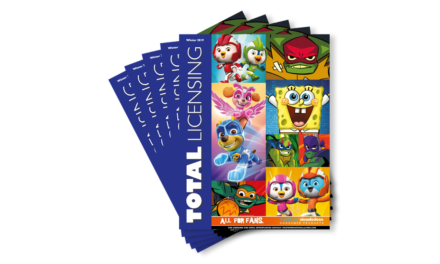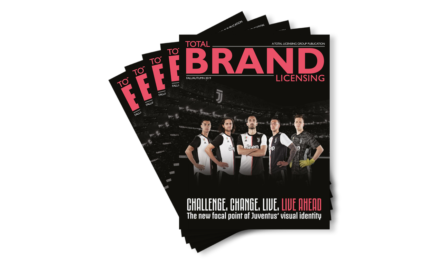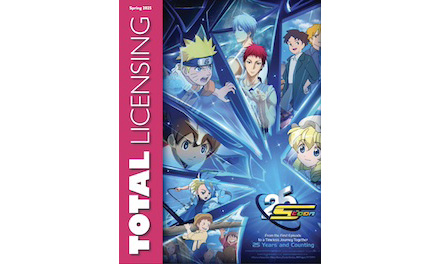
Keeping the Faith
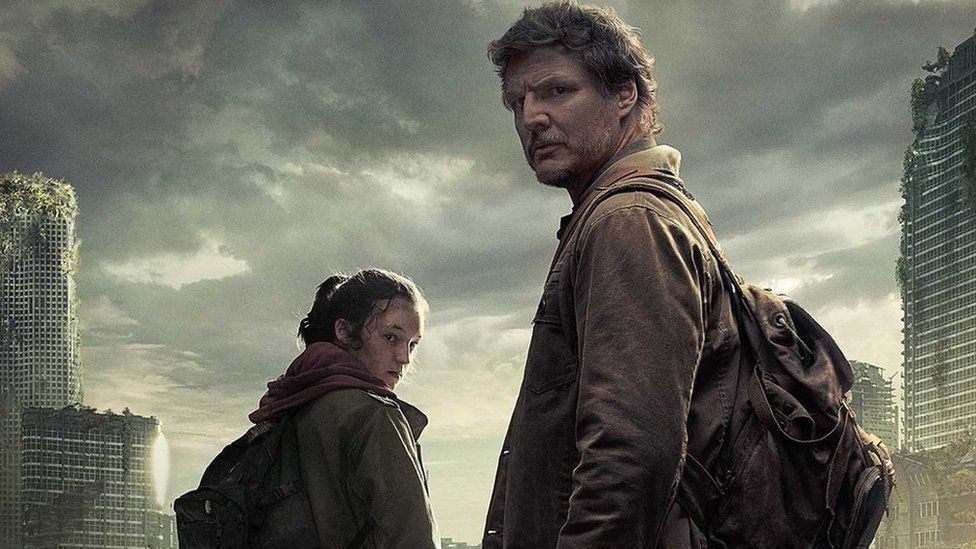
The success of HBO’s faithful adaptation of The Last of Us demonstrates the value of IP deals, says Layer Licensing’s CEO Rachit Moti
From the CGI-fueled blockbuster take on Assassin’s Creed to the action-packed interpretation of Resident Evil’s survival horror, gamers worldwide have been disappointed for decades at Hollywood’s attempts to adapt their favorite franchises. Thankfully, the long-running trend seems to have finally been bucked by HBO’s version of Naughty Dog’s post-apocalyptic PlayStation epic, The Last of Us.
The TV series has widely been praised by critics and fans of the game alike for its riveting storytelling that both respects and enhances its source material. Much of that can likely be attributed to the game’s original creator, Neil Druckmann, being heavily involved in its production. It also features cameos from the game’s voice actors, Troy Baker (Joel) and Ashley Johnson (Ellie), as well as music from composer Gustavo Santaolalla.
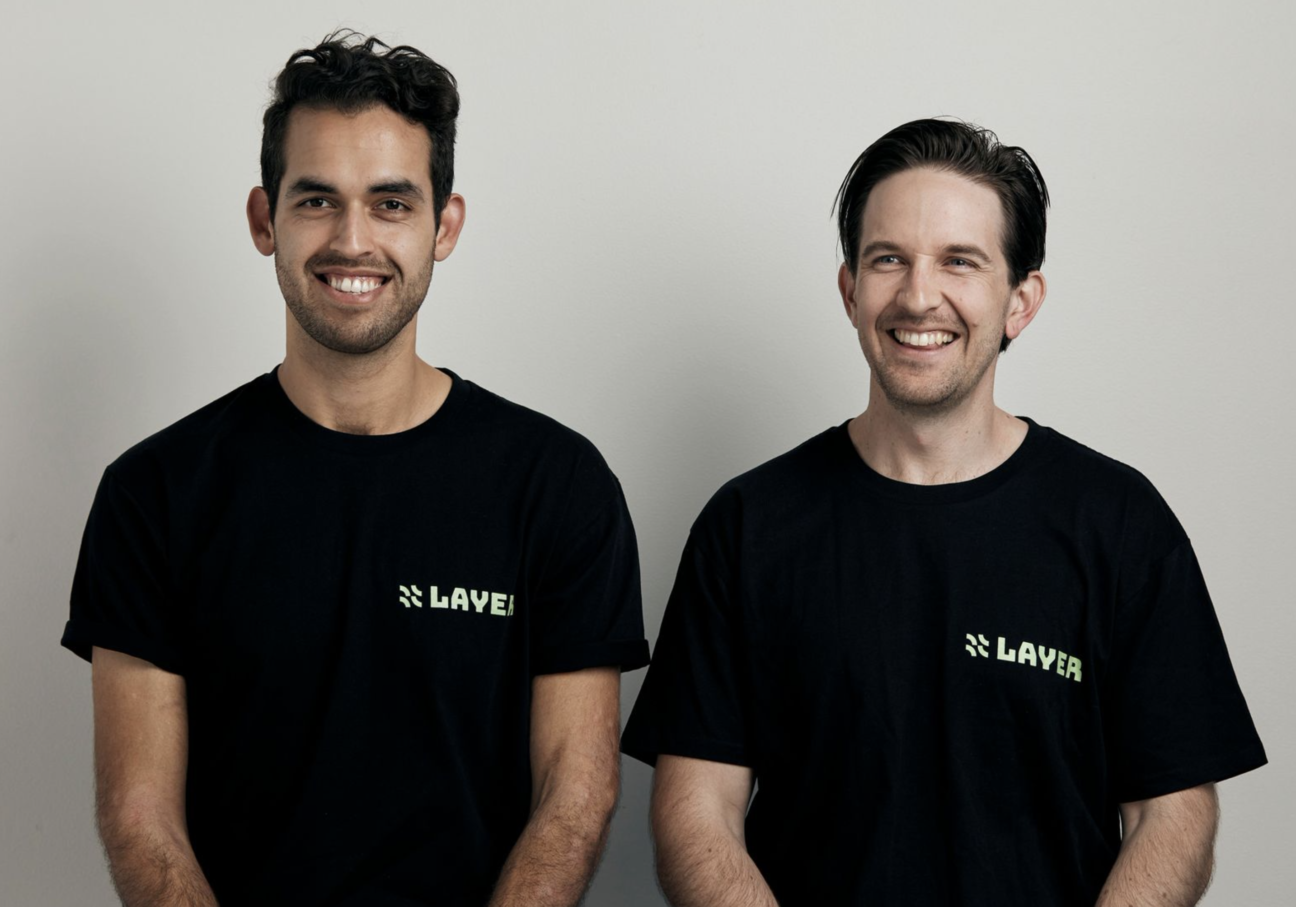
It’s been a win-win for all involved, with the series bringing millions of viewers with each new episode to HBO while simultaneously causing a huge jump in the sales of the games it’s based upon. The title returned to the UK sales charts in two different positions, once at No 20 for The Last of Us Part 1 on PS5 and also at No 32 for the PS4 remaster – a sales increase of 238% and 322%, respectively.
Recharted territory
The Last of Us’ dramatic increase in game sales across its numerous iterations is an example of how lucrative IP deals can be when done correctly. This was surely something that Sony (who own The Last of Us IP) must have already seen coming, given their updated remake of the original title only released on PlayStation 5 late last year in advance of the series hitting living room screens.
That being said, it’s hardly been an easy run for Sony. Their last game-to-screen adaptation of Naughty Dog’s other epic, Uncharted, may have been a sizeable box-office success but was largely maligned by critics. Fans of the game also had a hard time buying into Tom Holland as the franchise’s titular wise-cracking treasure hunter Nathan Drake, and even more so Mark Wahlberg as his aging partner, Sully.
Rumors of a sequel were circulating after its release but have since gone quiet. Given the success of The Last of Us, Sony may be planning to go back to the drawing board. A second attempt with a Nathan Drake who is met with as much praise as Bella Ramsey’s faithful take on Ellie would surely stand a much better chance of success.
IP Raider
One thing that’s for certain is that Sony certainly isn’t the only one cooking up more adaptation plans in the wake of The Last of Us’ multi-million dollar triumph. Just a few episodes in, news broke that Amazon has spent a reported $600 million on the rights for Tomb Raider as it plans to build a ‘shared cinematic universe’ helmed by Fleabag’s Phoebe Waller-Bridge. Given the franchise has sold more than 88 million units since its conception in 1996, there is clearly huge audience potential.
Remarkably, this marks the third attempt at bringing Lara Croft to cinema screens. Alicia Vikander and Angelina Jolie were praised for their previous takes on the archaeologist-turned-heroine, yet the films were ultimately panned for their bland storytelling. This was one advantage HBO would always have with The Last of Us, as the game itself drew a vast amount of praise for its exceptional writing and narrative, giving the series a strong base to work from.
That being said, the HBO series also massively expands upon certain areas, such as in its third episode that fleshes out two previously minor side characters, Bill and Frank, to deliver what is predicted to be 2023’s best episode of television. Perhaps Waller-Bridge should look at which aspects of Tomb Raider she could effectively build upon in a similar fashion.
The more of us
Of course, Tomb Raider is just one of many new adaptations currently on the way, with fans eagerly anticipating further reimaginings that include Fallout, Ghost of Tsushima, God of War, and Death Stranding for TV and film – and that’s likely only just the start.
In the coming months, I suspect that more studios will announce plans to create further adaptations of popular video games (anyone considering such collaborations should check out our new Licensor’s Guide to Games) as they hope to tap into their huge, pre-existing audiences in the same way as HBO . Major franchises such as Red Dead Redemption and Call of Duty, which have sold millions of copies, could be prime candidates.
These adaptations will have a strong shot at success and appeasing their fanbases if they respect their source material in the same way as HBO’s The Last of Us. I’m looking forward to seeing who manages to stick the landing.




